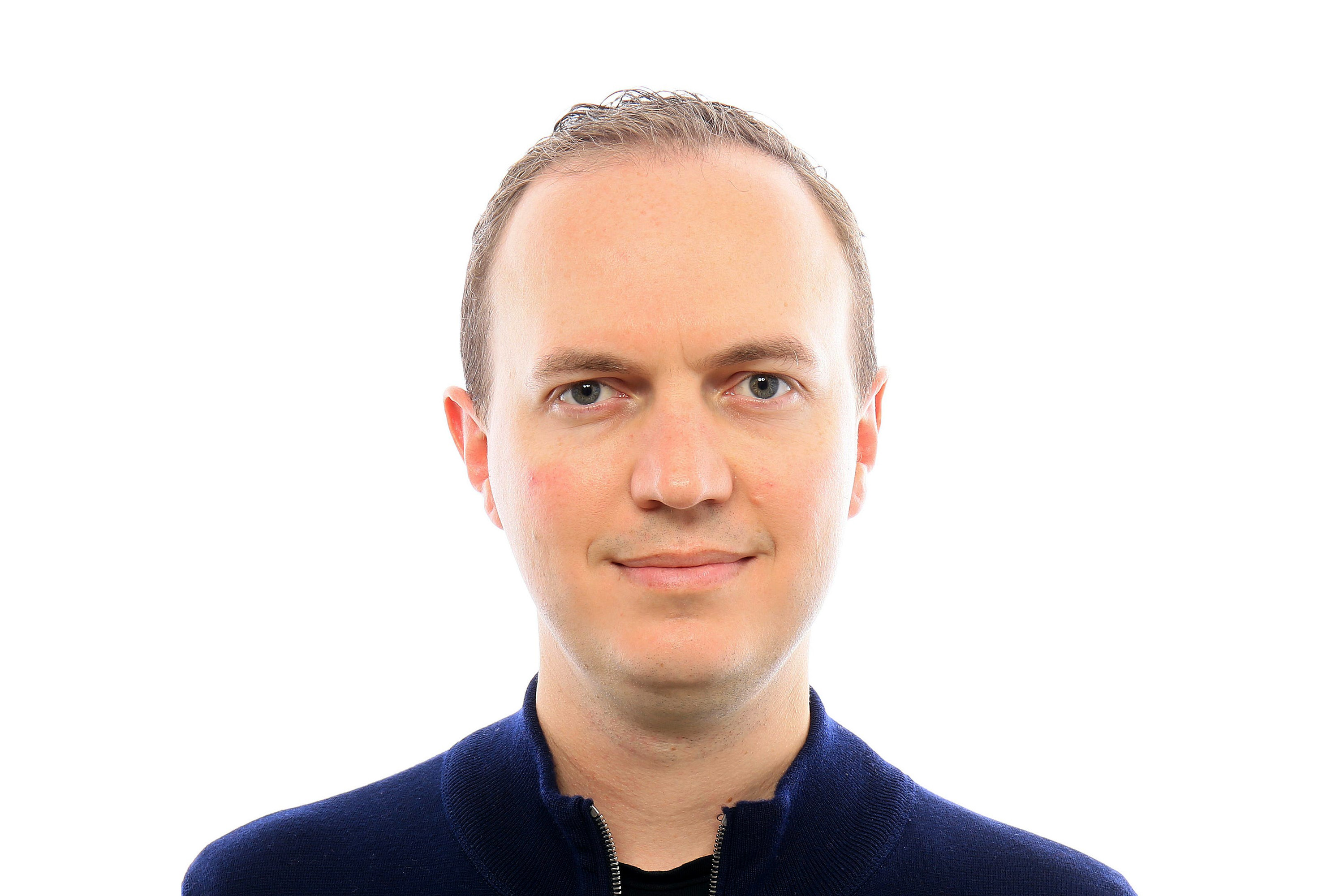Suggestions
Clément Farabet
Building AI @ Google DeepMind
Clément Farabet is a prominent computer scientist and AI expert currently serving as the Vice President of Research at Google DeepMind.14 His career has been focused on advancing artificial intelligence, particularly in the areas of deep learning and computer vision.
Education and Early Career
Farabet earned his PhD from Université Paris-Est while working as a visiting researcher at New York University.2 His doctoral work, advised by Professors Laurent Najman and Yann LeCun, focused on real-time image understanding using convolutional neural networks and graph-based techniques.14
Professional Experience
Academic Research
After completing his PhD, Farabet worked as a Research Scientist at New York University from 2008 to 2013, where he developed algorithmic frameworks for automatically parsing and understanding images and videos using deep learning.4
Entrepreneurship
In 2013, Farabet co-founded Madbits, a startup focused on visual intelligence technology.12 The company developed deep learning-based solutions for understanding and organizing visual content. Madbits was acquired by Twitter in 2014.4
Corporate Leadership
Following the Madbits acquisition, Farabet:
- Co-founded Twitter Cortex, leading the team in building Twitter's deep learning platform.12
- Served as VP of AI & AV Infrastructure at NVIDIA, where he worked on developing platforms for AI and autonomous vehicle development.4
Current Role at Google DeepMind
As VP of Research at Google DeepMind since March 2023, Farabet leads a team of engineers focused on building the foundations of DeepMind's AI software.4 His work involves:
- Developing AI agents powered by scaled base models like Gemini
- Defining next-generation software paradigms for AI design, maintenance, and scaling
- Collaborating with researchers to create systems that can match or exceed human cognitive abilities
- Working with various Google product and infrastructure teams
Research Interests and Contributions
Farabet's research has centered on:
- Building AI systems that can learn autonomously
- Developing software paradigms that redefine how we create AI
- Advancing deep learning techniques, particularly in computer vision and image understanding
He has outlined four key modules required for computers to demonstrate understanding: a predictive model of the environment, memory storage, reasoning capabilities, and the ability to act in the world.3
Throughout his career, Farabet has made significant contributions to the field of AI, including his work on LuaTorch, one of the first AI frameworks that later evolved into PyTorch.1
Highlights
Inspiring to see what good open foundation models can enable… more of this!
Great to see such use cases - to be clear, this is exactly why we released the Gemini live API, so that the community can build amazing applications on top of Gemini and tap into its multimodal capabilities.



